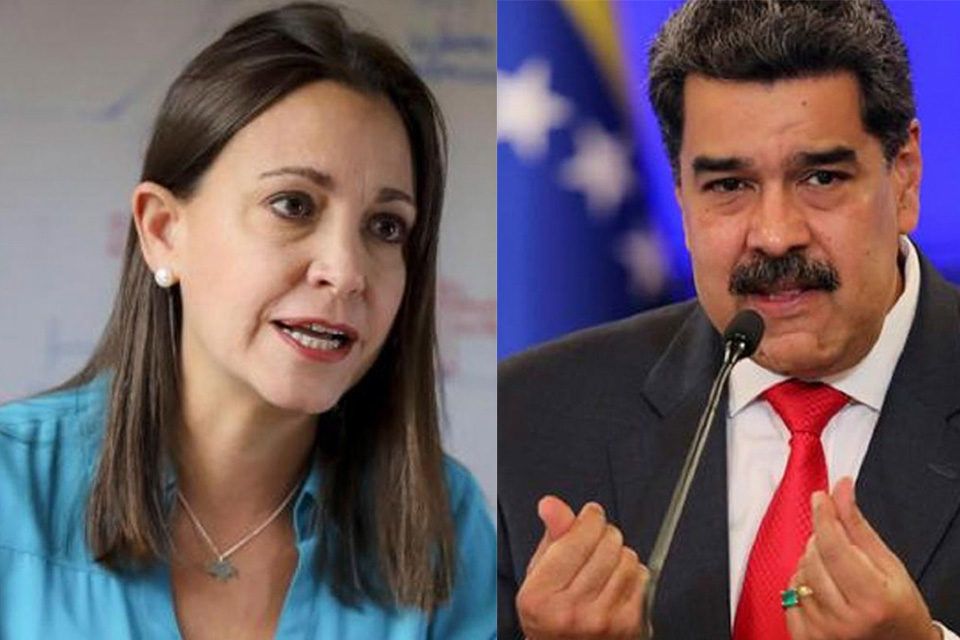 |
| Chart:www.oilfutures.co.uk | Data: OPEC |
As the 53rd JMCC, Joint Ministerial Monitoring Committee, of the OPEC+ is scheduled to take place on April 3, analysts are looking at every possible scenario that could rise in the aftermath of such a meeting.
A consensus has already emerged among them that the OPEC+ would stick to its production quota for each member country. That means the official position of the OPEC+ will maintain the current production cuts as long as necessary, without increasing the production to appease the influential customers.
The cartel wants to stick to the production targets, already agreed upon, in 2024 without unnecessarily worries about the potential consequences.
With the OPEC+ sticking to it guns, without increasing the output, the top consumers of oil turned to Venezuela to buy it on the cheap as the former was given a waiver to increase the production and then sell, provided that free and fair elections will be held before the waiver expires.
Venezuela is grabbing global attention again, because the current waiver of sanctions is going to expire in April, 2024. With the existing waiver, a limited number of countries such as India and China are allowed to import oil from the Latin American country in order to manage the demand for the commodity, something, if not handled, can lead to surge in oil prices.
Venezuela currently boasts the largest oil reserves in the world. According to the OPEC+, it is estimated to be around 303,221 million barrels. It is much larger than that of Saudi Arabia, which is estimated to be 297,192 million barrels.
Despite huge oil reserves, the political upheavals coupled with the Western sanctions, have left Venezuela in ruins, both politically and economically.
Although it has been battling hyperinflation for years with the currency in free fall, there has been signs of economic growth boosted by the waiver of sanctions.
The condition for the sanction waiver by the US is holding free and fair elections in 2024; the elections may be held, but the sole candidate appears to be the incumbent, President Maduro, with the potentials rivals remaining disqualified.
Making matters worse, Venezuela has been threatening Guyana, the neighbour, while reigniting a long running territorial dispute over Essequibo region that is well known to be oil rich oil fields. With Venezuelan troops on stand by, the tension between the two nations remain high and volatile; any potential military move by Venezuela will trigger off a significant international backlash and certainly, the waiver of sanctions being removed. In short, the stakes cannot be higher for Venezuela.
In these circumstances, the US has threatened to reimpose sanctions, if Venezuela goes back on its promise. As a consequence, the big consumers show apathy, when it comes to sign long term contracts for importing oil from Venezuela. Indian media, for instance, says that the Indian refineries are reluctant to sign long term contracts, fearing the return of sanctions.
In this context, the Venezuelan factor has the potential to make an impact on the supply concerns of the commodity, at least at sentimental level, although Venezuela only managed to increase the production marginally during the lucky window of opportunity for selling its oil thanks to waiver.








